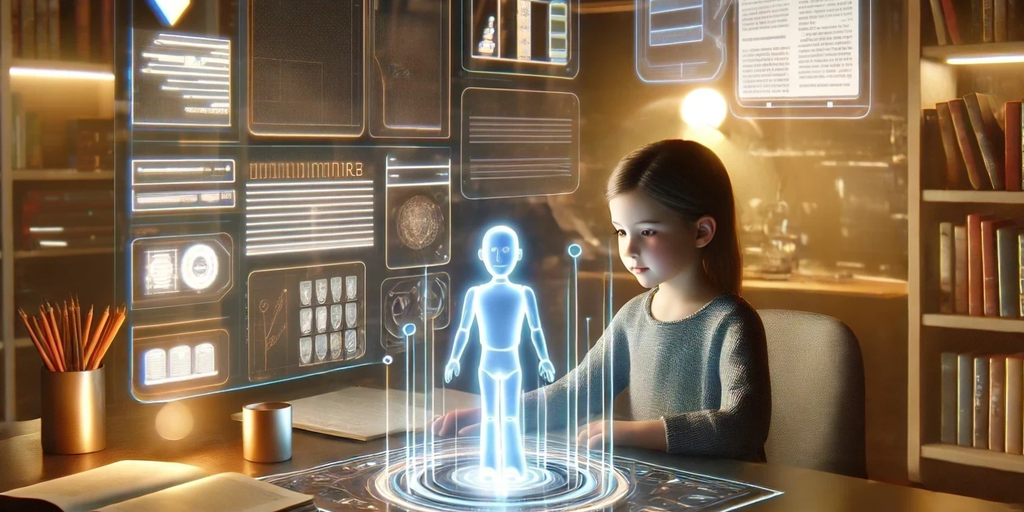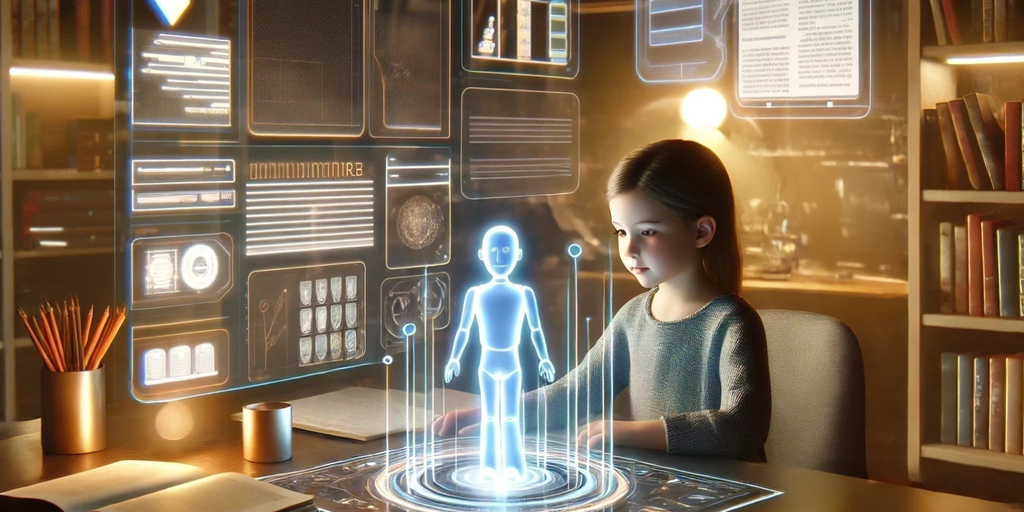
When Generation Betas ask their first questions, the AI is likely to answer before their parents.
Thanks to the proliferation of AI tools since the launch of ChatGPT, children born in 2025 and beyond will live in a world where AI shapes their knowledge, decisions, and relationships.
Coined by Australian futurist Mark McCrindle, Generation Beta refers to children born between 2025 and 2039. a reportMcCrindle said the digital and physical worlds will be seamless for the beta generation.
“While Generation Alpha has witnessed the rise of smart technology and artificial intelligence, Generation Beta will live in an era where AI and automation are fully integrated into everyday life – from education and workplaces to healthcare and entertainment,” he said.
Unlike previous generations, who did not have access to generative AI, Gen Beta is entering a world where AI is not only ubiquitous, but may soon be near universal. Uniqueness.
Technological growth becomes uncontrollable and irreversible in this hypothetical future, leading to radical and unpredictable changes in human civilization.
Some AI industry leaders, including the CEO of OpenAI Sam Altman Dr. Ben Goertzel speculates that this event is close and may occur within the next day decade.
“The beta generation represents the dawn of a new era. They will grow up in a world shaped by technological advances, evolving social norms, and an increasing focus on sustainability and global citizenship,” McCrindle said. “Understanding their needs, values, and preferences will be critical as we anticipate how they will shape the future of society.”
McCrindle did not immediately respond to a request for comment previously Decryption.
Since the launch of ChatGPT in 2022, educators and psychologists have discussed how to use AI affects children.
On Sunday, one Redditor highlighted the growing reliance on artificial intelligence Lamentations Their 11-year-old sister, who could be considered a member of Gen Alpha, turned to ChatGPT to answer basic math questions that someone their age should have been able to answer independently.
Educators are already noticing a shift as students increasingly rely on AI for learning and problem solving.
“As an educator, I see students regularly turning to ChatGPT for advice and answers, and I have noticed friends and family doing the same,” Associate Professor of Psychology at USC John Kaplan He said Decryption. “The challenge is that technology is evolving faster than our educational institutions, which are designed to teach skills from the world we grew up in – not the world today’s children will inherit.”
A key skill a beta gene must develop is critical thinking, said Kaplan, co-director of the Dornsife Center for Neuroimaging at the Brain and Creativity Institute and the Department of Psychology at USC.
“In past generations, we had to learn how to find information because it was rare and difficult to obtain,” he said. “Now, current generations face a different challenge. They are inundated with information and have to decide what is good and what is not. So there are different skills required that people need to learn as technology changes.
Experts also warn that as AI becomes more ubiquitous, parents may delegate responsibility for their children's education to AI.
“I think the trend will be towards teaching AI to children, and we need to prevent that.” Dr. Emily Levy He said Decryption. “While AI can teach hard skills like reading and math, we risk missing out on essential soft skills like interacting with others, creative problem solving, and socializing. Overreliance on AI can diminish these important skills, which are key to relationships and success.” Career and personal growth This trend may be inevitable, but it is important to recognize and address it.
Levy is the founder and director of EBL Coaching, a New York-based tutoring center that provides academic support to students from preschool through adulthood, with a focus on those with learning disabilities, ADHD, and dyslexia.
While AI will be popular for baby boomers, Levy warns that differences in the quality of AI tools available to them could lead to educational disparities.
Children who have access to more advanced or accurate AI models may receive better support, while those using less reliable systems may fall behind.
“There can definitely be disparities, with AI still making mistakes and not always being accurate. “It often depends on the data it pulls from,” Levy said. “Some systems are more advanced, so they're likely to continue.” “The disparities, I think, will always be there.”
Modified by Sebastian Sinclair
Smart in general Newsletter
A weekly AI journey narrated by Jane, a generative AI model.
Source link
